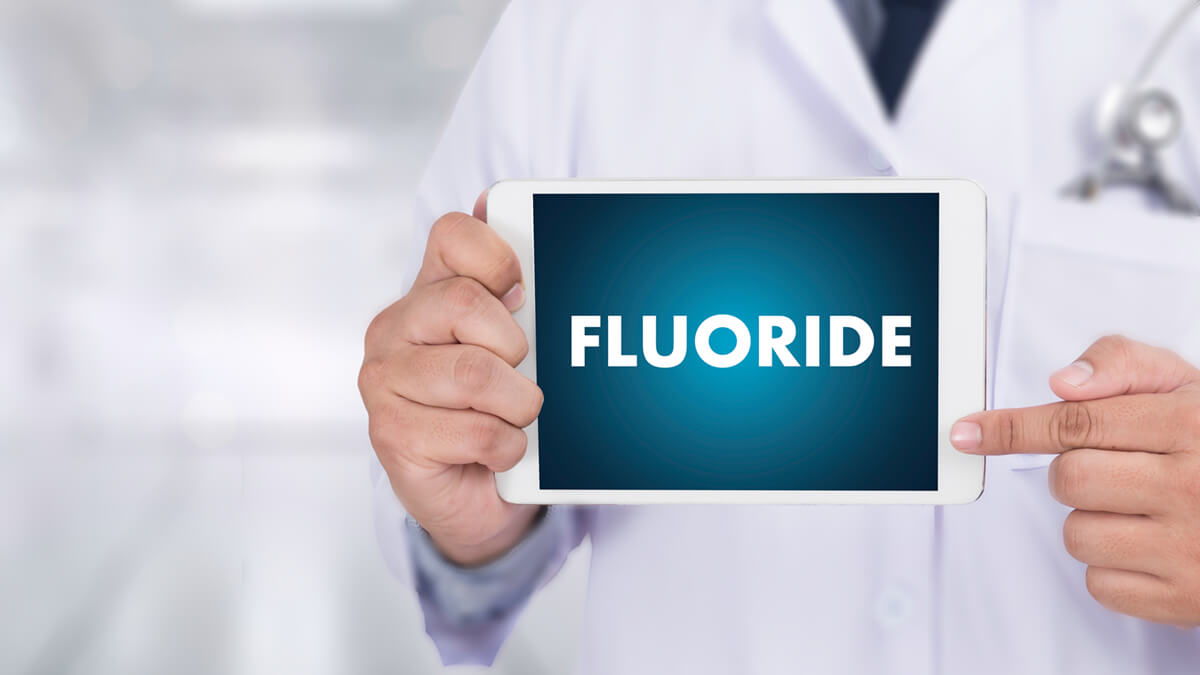Public health programs focused on oral health have touted the benefits of community water fluoridation for decades. Most people in the United States receive fluoridated water out of their tap, but not everyone understands the benefits.
Learn five important facts about water fluoridation in the U.S.—and how you can earn a Master in Public Health degree through an online MPH program to help promote water fluoridation and other valuable oral health programs.
Why Fluoridation?
According to the U.S. Centers for Disease Control and Prevention , Americans have been drinking water fortified with fluoride, a naturally occurring mineral, for 70 years.1 While most water has small amounts of this trace element, adding fluoride in the form of sodium fluoride or sodium monofluorophosphate has been shown to be beneficial to dental health.
While you may know that community water fluoridation is generally good for our teeth, here are some things you may not know about public health programs for fluoridated water:
- Fluoride can stop or even reverse the tooth decay process, keeping tooth enamel strong. It works to remineralize tooth surfaces that have been removed by certain bacteria in the mouth that cause tooth decay, preventing cavities from forming. Fluoride is safe for both children and adults.2
- While drinking fluoridated water is not a substitute for brushing your teeth and visiting the dentist, it can reduce tooth decay and cavities by about 25% in children and adults.1 As an added benefit, this saves Americans in dental and healthcare costs.
- Nearly all major public health, medical, and dental organizations recommend community water fluoridation, including the American Dental Association, the American Academy of Pediatrics, and the World Health Organization.
- More than 66% of the U.S. population receives fluoridated community water, but some states have much higher rates of fluoridation than others. The District of Columbia, Georgia, Illinois, Kentucky, Maryland, Minnesota, North Dakota, and Virginia have some of the highest rates of people receiving fluoridated community water. Hawaii, Idaho, Louisiana, Montana, New Jersey, and Oregon have some of the lowest rates.3
- The CDC has placed community water fluoridation on its list of the 10 great public health achievements of the 20th century for its contribution to the large decline in cavities in the U.S.4
You Can Become a Public Health Professional
Public health majors around the world are learning how to come up with solutions to their generation’s biggest local and global health challenges. Earning an advanced public health degree can prepare you for many of the most crucial jobs in public health, and now is a great time to learn more about Walden University’s Master of Public Health degree program. Whether it’s fighting infectious disease outbreaks or reducing health disparities, professionals with an online MPH degree are equipped with the skills to create healthier communities.
Walden’s MPH program is based on the core areas of public health: biostatistics, epidemiology, environmental health, public health administration, and social and behavioral sciences. From there, students gain a global perspective on public health programs, simulating real-world public health issues and solutions. Rigorous academics paired with the flexibility of online classes allow you to earn your college degree around your busy schedule, all from an accredited online college.
Exciting and rewarding jobs in public health await you. End your college search today and get started on your higher education.
Walden University is an accredited institution offering a Master of Public Health degree program. Expand your career options and earn your doctoral degree in a convenient, flexible format that fits your busy life.
1Source: www.cdc.gov/fluoridation/index.html
2Source: www.cdc.gov/fluoridation/faqs/community-water-fluoridation.html
3Source: www.cdc.gov/fluoridation/statistics/2014stats.htm
4Source: www.cdc.gov/mmwr/preview/mmwrhtml/mm4850bx.htm
Walden University is accredited by The Higher Learning Commission, www.hlcommission.org.




